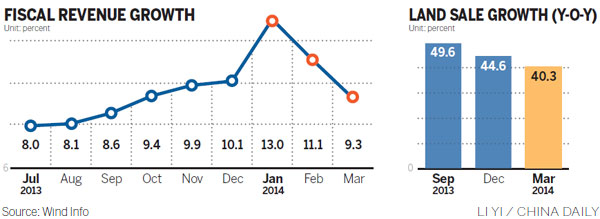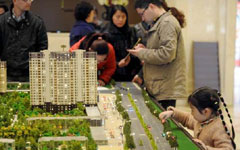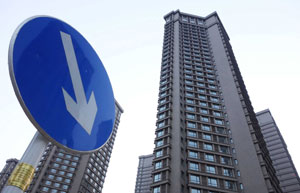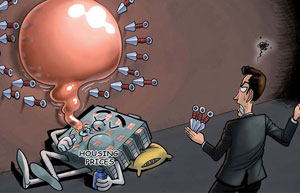Land sale revenue rise 'unsustainable'
By Zheng Yangpeng (China Daily) Updated: 2014-04-19 09:44
"The surge certainly cannot be sustained in the coming months," Liu said.
And a cooling property market won't just slash revenue from land sales. It could also depress property-related taxes and fees, which on average account for 25 percent of local revenue. In some cases, the figure is more than 50 percent.
|
 |
|
 |
On the public fiscal revenue front, growth decelerated over the course of the first quarter as the broader economy softened. According to Ministry of Finance, national public revenue in March grew 5.2 percent year-on-year. Growth was 8.2 percent in February and 13 percent in January.
In the first quarter, central government revenue rose 6.4 percent to 1.55 trillion yuan, missing the 7 percent growth target set in the budget. Local government revenue rose 11.8 percent to 1.95 trillion yuan, the ministry said.
Weakening industrial activity, slowing investment and falling corporate profits contributed to the slowdown, which affected major tax sources such as value-added tax, turnover tax and corporate income tax, according to the ministry.
A plan to replace the turnover tax with a VAT also affected revenue, especially at the central government level. A cooling real estate market also weighed on various property-related taxes, the ministry said.
"Due to the downward trend of the overall economy and a relatively higher comparison base in the second half of last year, it is likely that national fiscal revenue in the coming months will continue to weaken," the ministry said.
First-quarter GDP growth came in at a five-year low of 7.4 percent, according to the National Bureau of Statistics. Many economists expect further easing in the second quarter.

|
 |
- Honeywell gears up for new era of 'smart cities'
- Abercrombie & Fitch plans over 100 new stores in China
- Land sale revenue rise 'unsustainable'
- Listings in US in doubt despite solid Weibo debut
- Chinese second-largest buyers of US real estate
- Cooperation with China is a win-win situation: Vale
- Chinese liquor giant Wuliangye reports 19.8% profit drop
- ZTE net profits triple in Q1

















